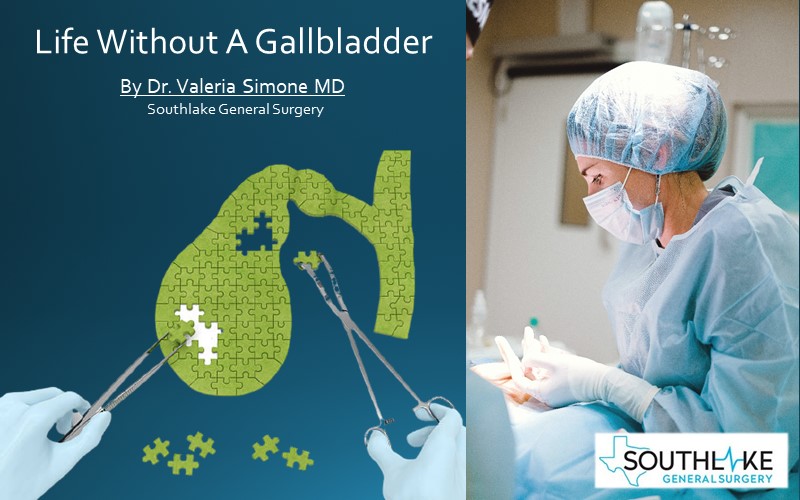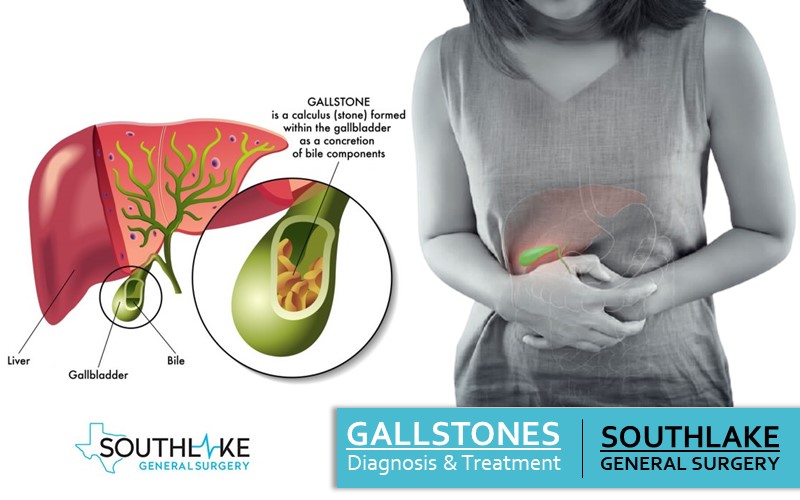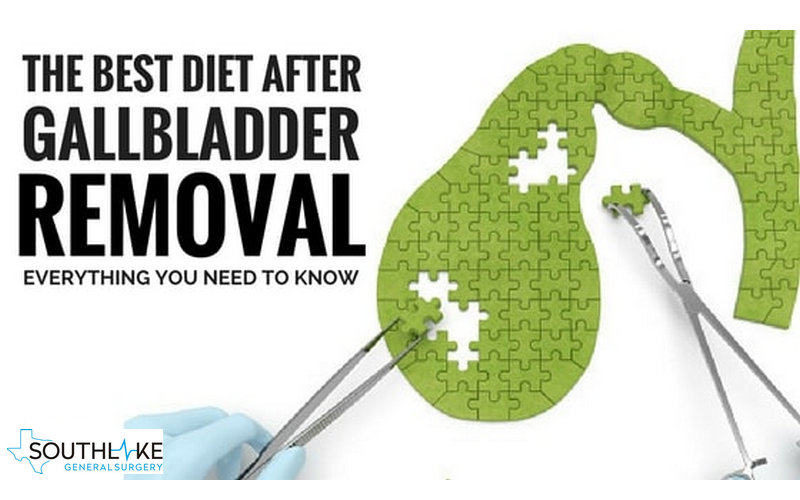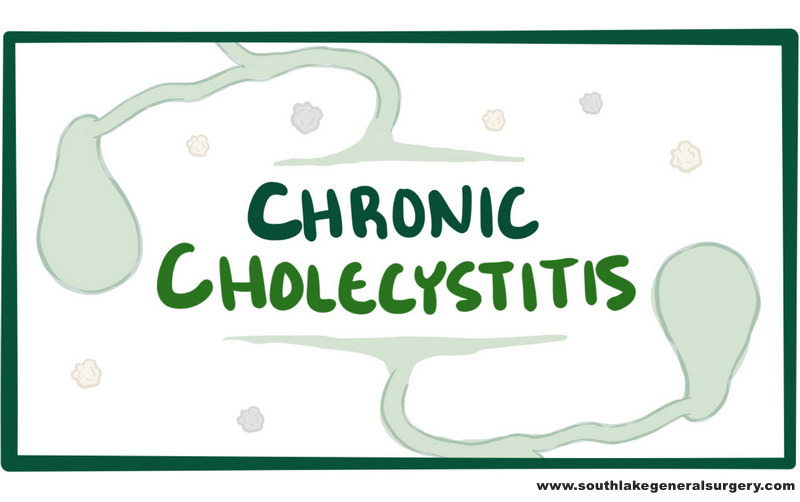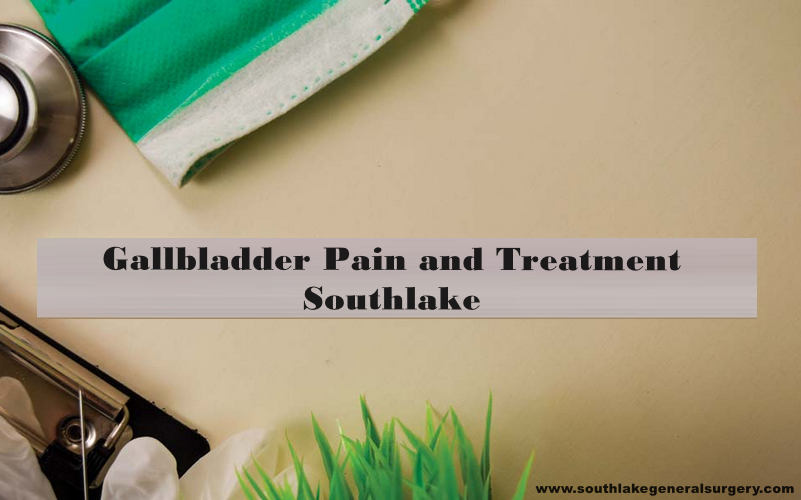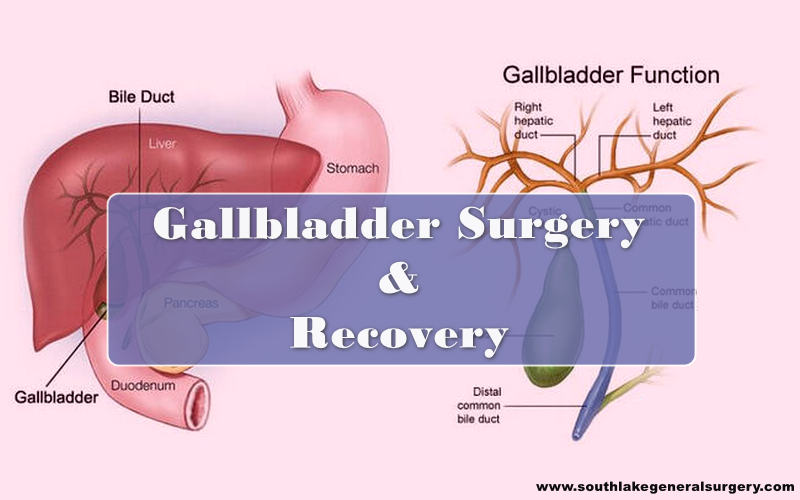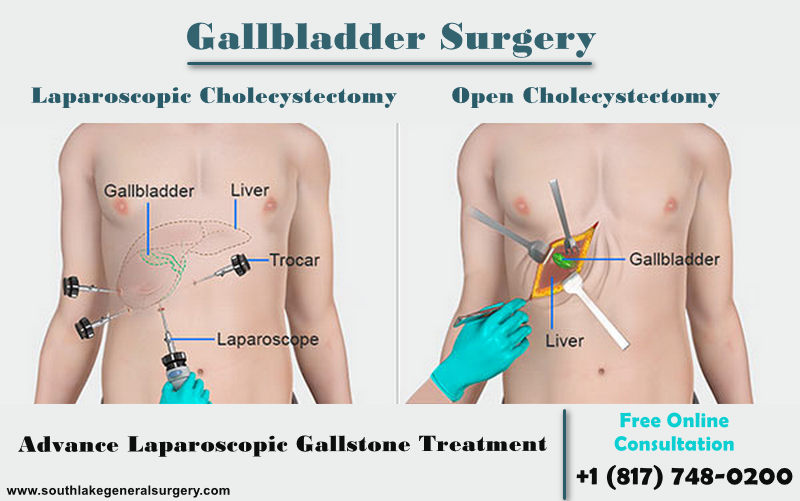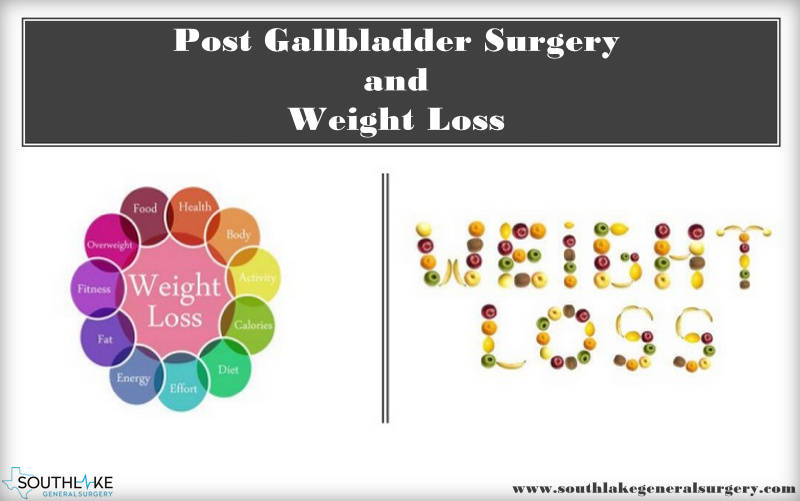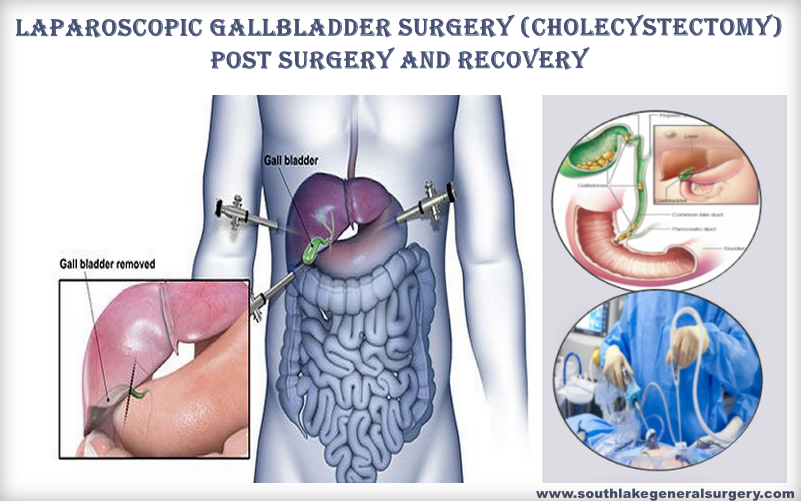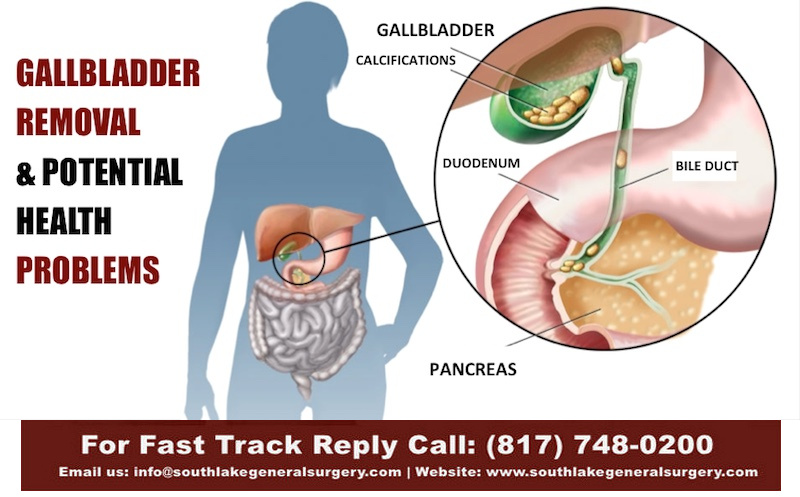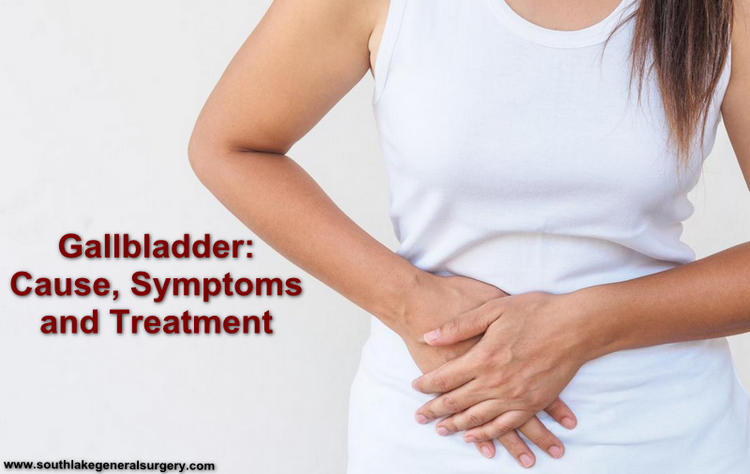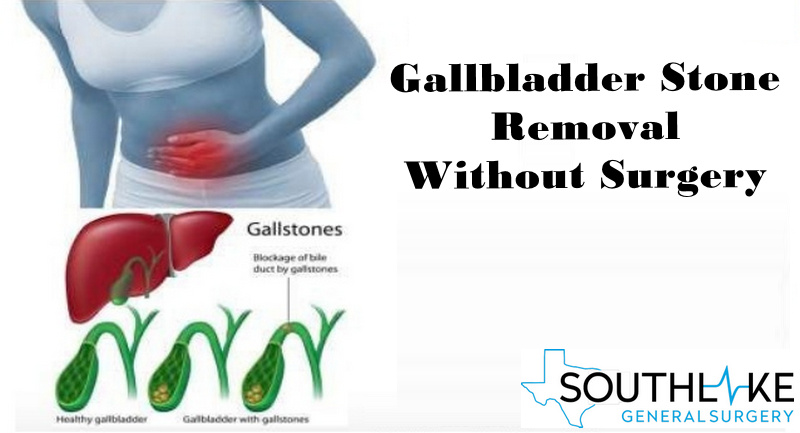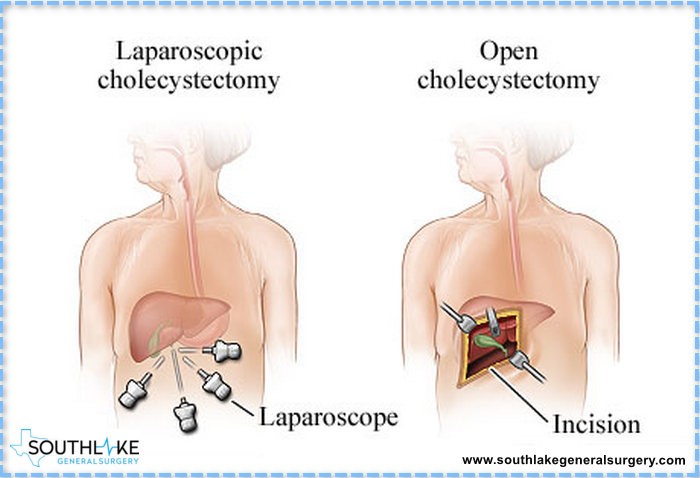It’s normal for individuals to have their gallbladder removed sooner or later. This is part of the way since it is feasible to live a long and healthy life without a gallbladder. Read More: How to live without a gallbladder?
Read More →
To identify the gallstones symptoms your doctor may initially look at your skin for jaundice, and afterward feel your abdomen to check for tenderness. And a blood test to identify the symptoms.
Read More →
The Gallbladder is a pear-formed organ that contains bile and this liquid helps digest food. In case the gallbladder stops functioning or causes inflammation, it develops gallstones which can be as little as a grain of rice or as large as a golf ball.
Read More →
A small organ known as gallbladder located close to the liver
which stores bile, which is a fluid created in the liver. The gallbladder
discharges bile into the small bowel to assist with bringing down fats.
Read More →
Inflammation of the gallbladder occurs repeatedly in patients with chronic cholecystitis, a medical disorder that can have serious consequences. Gallstones are a common contributor to this issue since they block bile flow and irritate the gallbladder indefinitely.
Read More →
Gallbladder pain is a symptom of many different diseases and disorders, and it can afflict people of any age, location, or way of life. Pain might be minor to severe and sporadic to constant.
Read More →
A gallbladder removal surgery is suggested when an individual’s gallbladder has stones or doesn’t work well. The gallbladder is a vital organ as it stores bile to help digestion.
Read More →
The gallbladder is a little pear-shaped organ, underneath your liver. The gallbladder’s core function is to store the bile produced by the liver and pass it along through a conduit that purges into the small intestine tract. Bile helps digest fats in your small intestine.
Read More →
A patient may experience fluctuations in body weight or maybe weight loss post-gallbladder surgery. Weight loss after gallbladder surgery is observed in a few individuals. It is essential to comprehend why gallbladder surgery can lead to weight fluctuations in individuals. To conclude, an individual must know the gallbladder’s role in digestion.
Read More →
Gallbladder post-surgery effects and recovery can be daunting to navigate. The key to success is to understand the potential side effects and possible complications that can occur. As a patient, it is important to know what to expect after surgery and how long the recovery process should take.
Read More →
Gallbladder is a pear-molded organ that stores bile, the liquid that helps digest food. If it’s not functioning the way in which it should (or bile moves out of balance), hard sections begin to frame. These can be as little as a grain of rice or as large as a golf ball.
Read More →
The Gallbladder is a pouch-like organ use to store the bile juice produced by the liver. The bile juice is an integral part of the digestion process, it helps in the breakdown of fats from food. After the breakdown of fats the soluble vitamin and nutrient can be easily absorbed in the intestine.
Read More →
Afraid of gallbladder surgery but suffering from extreme pain? Nervous that the surgery might leave a lifelong scar?
Hoping for a home remedy or medicinal cure to avoid surgery?
Read More →
Do you have no time to undergo surgery for removing your gallbladder? Then Laparoscopic Gallbladder surgery is the best option for you. Laparoscopic surgeries are the least invasive surgery because they take a lot less time, and the recovery period for those procedures are less than other open operations.
Read More →
